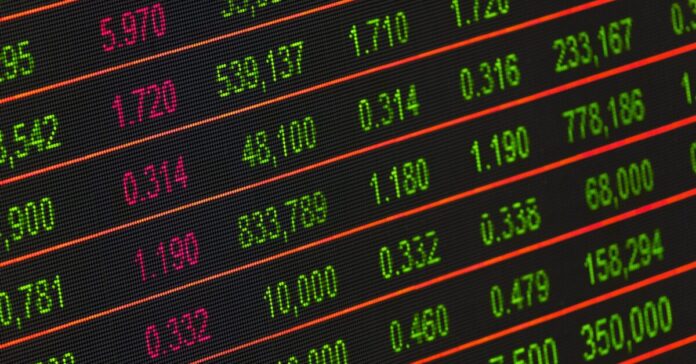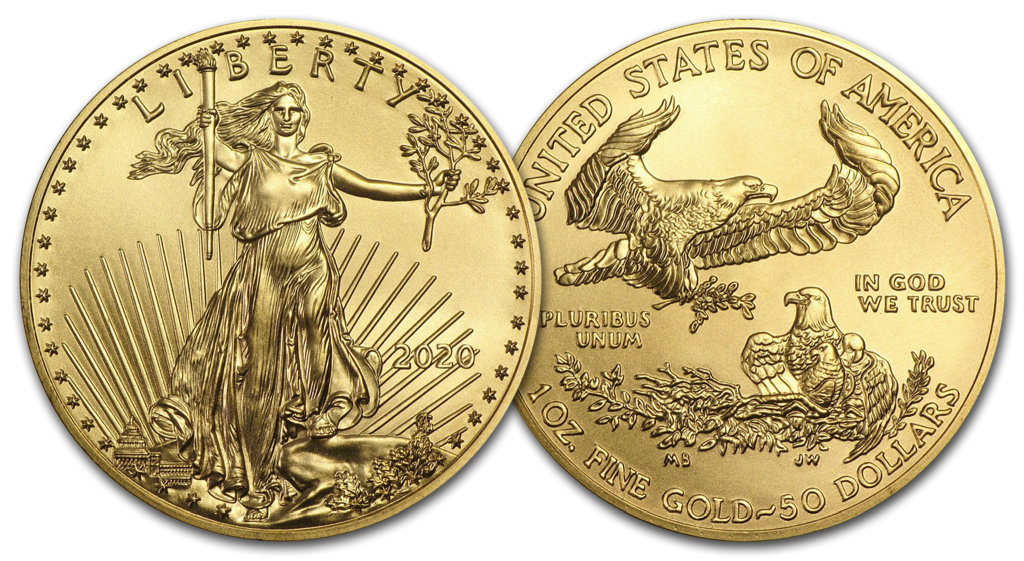Both the Dow and the S&P indexes are bumping along their record highs and occasionally setting new records. So if you have a retirement account invested in the traditional investments included in many 401k plans and mutual funds recommended by average financial advisors, then you may well have a higher balance and net worth than you have ever had before.
Ask yourself: Do you feel richer?
If not, it’s because prices continue to rise faster than salaries and markets; because the dollar is worth less today than it was in 2020; and because the market has bounced up and down so much since 2020, no one expects this to be a long-term trend. To build wealth and convince people to spend, they need to have confidence good times will persist. No one thinks that. And volatility is not confidence inspiring.
COVID blew up the markets and the supply chain, and we haven’t returned to the pre-COVID market in the years since. Inflation hit, stock markets fell, and bonds suffered. Investors faced the prospect of making tough choices: Stay in, get out, chase winners, or buy losers. For buy and hold investors, we have occasional months like November and December, and we suddenly have 15 or 20 percent more money in our retirement program than we did in June. That brings a sense of temporary relief, but we can’t count on it. Those funds could drop again.
I’m not an investment professional or a financial advisor, but if you follow the “buy low, sell high” investment strategy, it might be time to sell some investments or at least rebalance your portfolio.
Savings versus Debt
During COVID, people saved money. Most of those savings are gone. In fact, not only has the savings rate decreased, borrowing has increased, and more people now owe more money. Credit card debt is peaking, as are defaults. That’s not a good sign. Loans against 401k balances are also high, meaning people are borrowing from their retirement funds to pay for their current lifestyle. Or maybe just to pay for their grocery bill.
It’s not just individuals who get hurt by market volatility. Without consistency and stability in the markets, companies will hesitate to invest in capital improvements, plant expansions, and acquisitions. Private companies are less likely to have IPOs. Companies that want to acquire a competitor will find it harder to finance the acquisition. That adds up to a big hit on the economy. So while you may think what happens in the stock market, to bond prices, or to interest rates doesn’t matter much to you, it’s all part of the larger economy in which we all have to live and work. It can translate into fewer opportunities for advancement at work, layoffs, or higher prices. Yes, prices for groceries and other consumables could keep climbing.
Paying Off Debt
While other people are running up credit card debt and borrowing from their retirement plans, smart folks are focused on paying off their debts. Let’s pick a hypothetical family, the Smiths, who have two car payments ($450 and $590) and a mortgage of $2360 when you include taxes and insurance. That means they start each month owing $3,400. And that’s before they pay their utilities and other recurring bills or go grocery shopping.
Mrs. Smith’s 2018 Hyundai Tucson will be paid off in three months. She’d like to upgrade to a larger, newer vehicle, but her husband would prefer to keep it because it has been reliable. When she realizes what she can do with that extra $450 a month, she agrees, thinking maybe it will help her pay off her credit card bills, or at least allow her to buy groceries with cash instead of credit.
Let’s take this a step further and imagine what would happen if Mr. Smith sold his expensive car, which has 41 payments left, and bought a used 2004 Nissan Murano with about 110,000 miles on it for $6,000. He doesn’t love the old Murano as much as his newer car, but it gets him where he needs to go and it adds an extra $590 a month to their budget. If he or his wife get laid off, they won’t lose their cars and probably won’t lose their house.
With every credit card they can pay off using the extra funds, they have more money in their budget. This not only reduces their stress level, it allows them to make some prepping purchases.
Cutting Other Bills
We don’t have a water or sewer bill because we have a gravity-fed spring water source and a septic tank. We don’t have a gas bill because we don’t use natural gas or propane. Instead, we heat with wood, which we buy with cash, but we get 120 million BTUs of firewood for a third the cost of that much propane. Unfortunately, we still have an electric bill. It is less than the average $150 bill, probably because we heat with wood and don’t have a huge house. So our bill isn’t bad, but we know the cost of electricity is rising.
How can we predict what our electric bill will be in 20 years? Well, the average electric bill has gone up 38 percent since 2019, which is a rate of 8.5 percent per year. If we project an 8.5 percent increase every year for 20 years, then our bill will be five times higher than it is today. If the average electric bill is $150 a month now, we can project it will rise to $750 a month in 2043. And that’s not the worst-case scenario. With expensive green energy pushing out less expensive coal and gas-fired plants, electrical costs could climb even faster.
From my perspective, those climbing costs makes a solar system sound like a wise investment. It will not only allow us to reduce our electric bill by selling electricity back to the utility, but we can cut our strings entirely if their monthly costs become too high. We are at a unique place in time where the cost of solar equipment is declining while the price of electricity is growing. Add in government tax credits for solar, and the numbers look even better.
Self-Sufficiency Cuts your Costs
Self-sufficiency is important for prepping. It’s also important for living comfortably. The fewer things you have to pay for, the further your money will go. Start by paying off your credit cards and car payments. Then aim for your mortgage.
Think of it this way: If you pay ten different bills each month and they all increase next year, you will be in a world of financial pain. If you only have three bills, those increases will be more manageable.
Cut your spending, cut your debt, and cut your dependence on subscription services that siphon money out of your bank accounts. You’ll not only feel wealthier, you will find the impending financial disaster will be easier to weather.
Pete is not a financial advisor and this is not financial advice. You should consult a financial professional before investing or changing your investments based on anything you read on the Internet.







